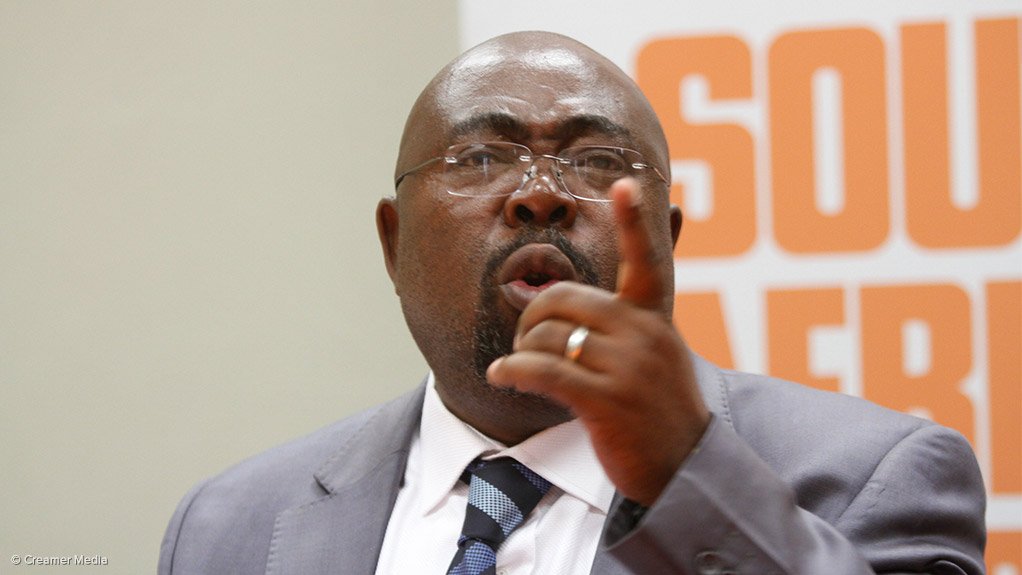The South African government is willing to consider extending the Temporary Employee/Employer Relief Scheme (TERS) to employees of firms that are currently not fully compliant with the Unemployment Insurance Fund (UIF).
Employment and Labour Minister Thulas Nxesi has stressed, however, that the benefit would be extended only to those firms that had both registered with the UIF and made a full acknowledgment of their outstanding debt to the fund – a debt that would have to be repaid once business operations had stabilised.
Hitherto, the R40-billion TERS benefit has been available only to UIF-contributing employees who have lost income as a result of the Covid-19 lockdown. Employees are not entitled to apply for TERS directly, though, with all submissions made by employers on their behalf.
As of April 29, the UIF had received 103 000 TERS applications from employers, representing some 1.75-million workers and had processed claims valued at R3.3-billion. These claims would be paid to some 59 000 employers on behalf of about 862 000 workers.
About 10 000 applications had not been processed owing to errors and those employers were being requested to resubmit their TERS claims.
Yet further applications were still anticipated, with the UIF having 1.8-million registered employers registered on its database, collectively employing about eight-million workers.
Speaking at a briefing of the Economic Cluster in Pretoria Nxesi said that non-compliant firms could approach the UIF to both register with the fund and to access the TERS benefit.
“Those companies need to make arrangements [with the UIF] and must acknowledge the debt they must pay in future once they have recovered,” Nxesi said.
“We want to pass the benefit on to their workers, who should not be punished because of irresponsible employer behaviour.”
The TERS benefits would not, however, be made available to freelance workers, Nxesi said.
MORE SUPPORT FOR MICRO FIRMS?
The Department of Employment and Labour was also in discussions with the National Treasury and the Department of Small Business Development regarding additional support for small and micro enterprises over and above the R530-million set aside to support the payment, by firms with fewer than ten employees, of payrolls, rental and utilities over three months.
To date, the scheme has approved over R235-million, which government said would protect over 11 000 jobs.
Small Business Development Minister Khumbudzo Ntshavheni announced that the additional support would be finalised over the coming week and would cater for artisanal businesses such as bakeries and confectionaries, as well as the automotive aftermarket trade.
No benefits had yet flowed, meanwhile, from the R200-million Tourism Relief Fund, owing to a legal challenge against the criteria being used to assess the eligibility of claimants.
AfriForum and Solidarity argued in court on April 28 that the black economic empowerment status of an affected tourism enterprise should not be used as a qualifying criteria and Judge Jody Kollapen undertook to deliver his judgment before the end of the week.
Tourism Minister Mmamoloko Kubayi-Ngubane said no distribution would be made until the matter was finalised, but said her department continued to accept and process applications for the scheme, which was also meant to support restaurants in distress.
“Thus far there are over 10 000 applications,” Kubayi-Ngubane reported.
EMAIL THIS ARTICLE SAVE THIS ARTICLE ARTICLE ENQUIRY
To subscribe email subscriptions@creamermedia.co.za or click here
To advertise email advertising@creamermedia.co.za or click here











